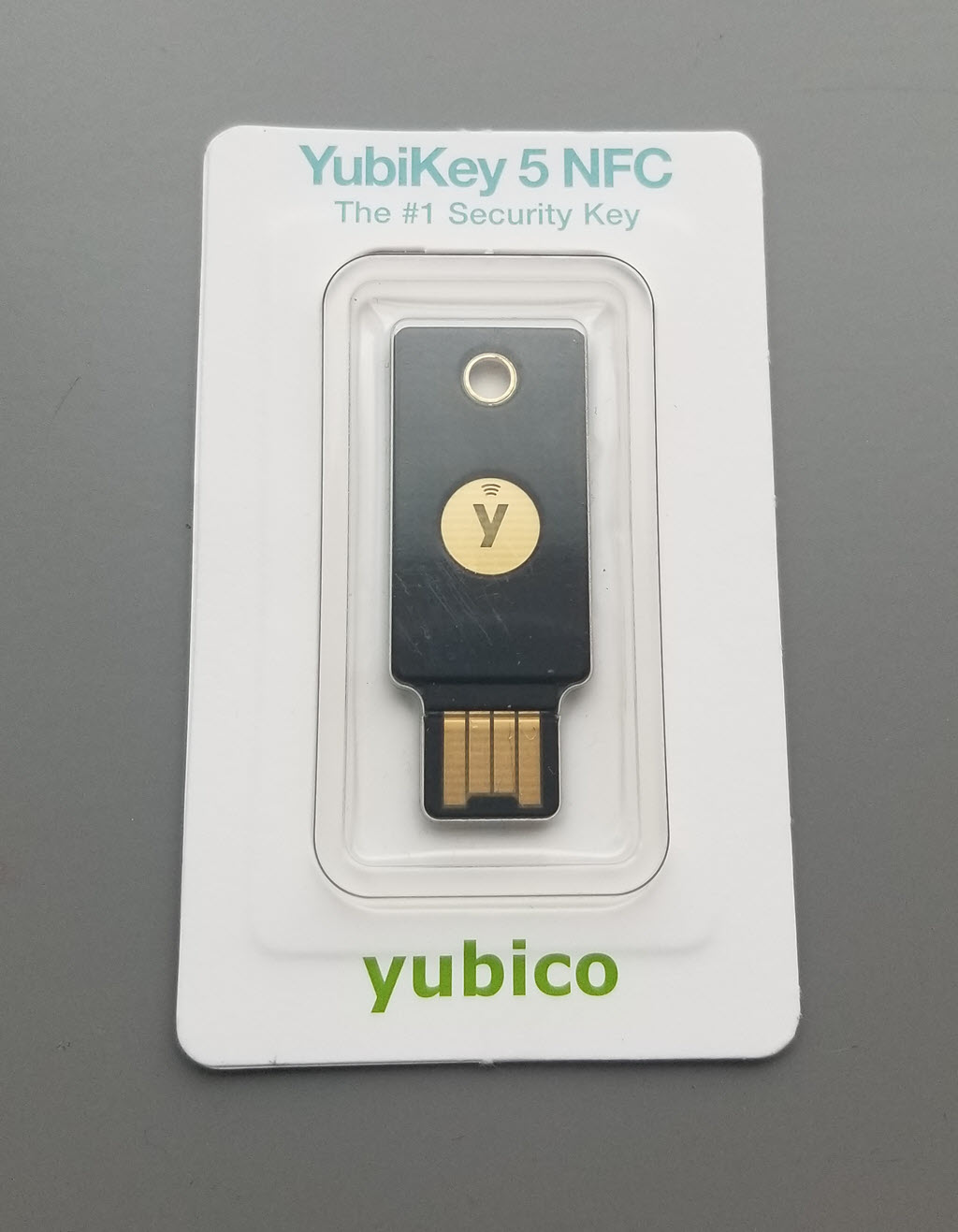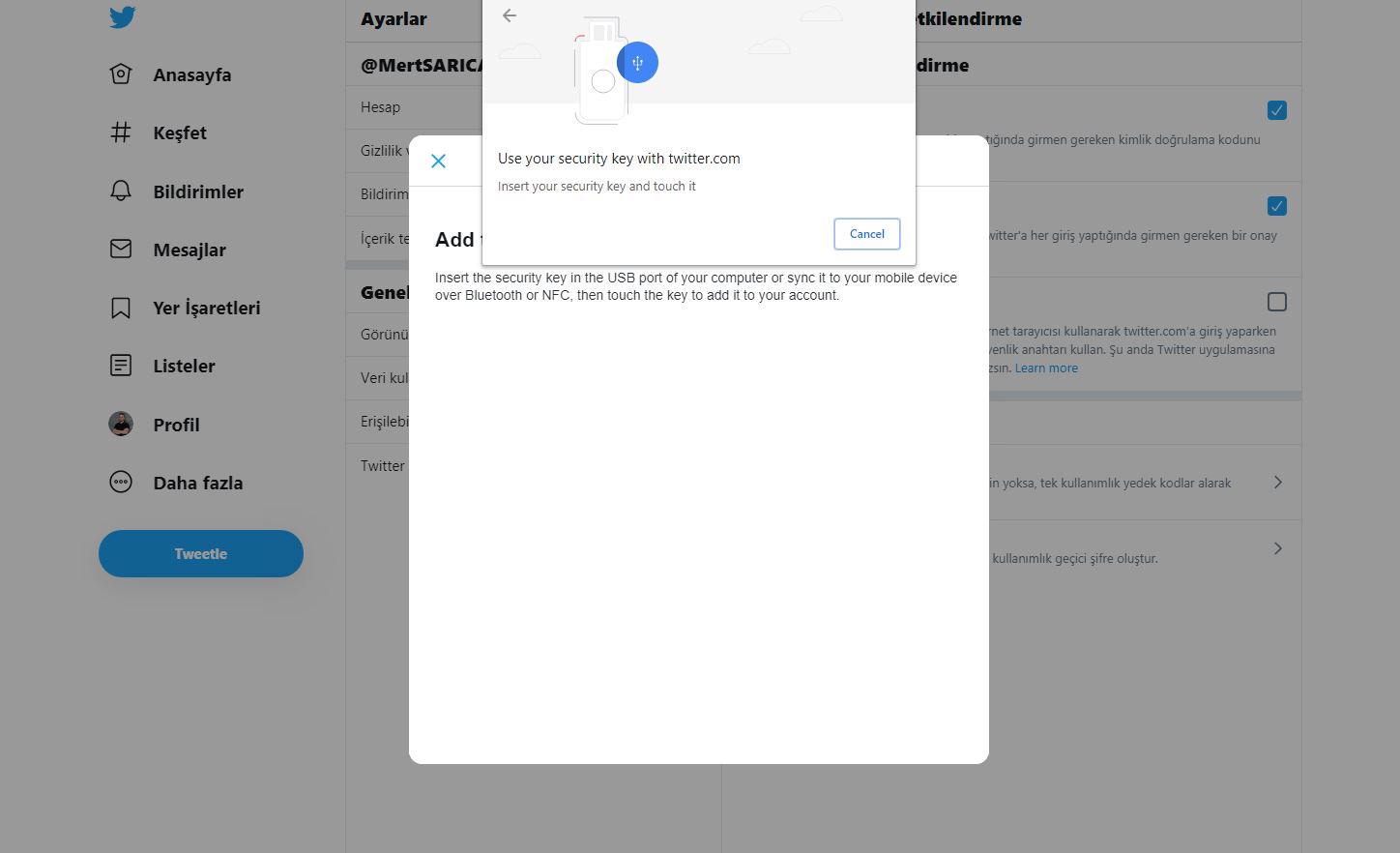Combatting SIM Swapping
In today’s world, we use two-factor authentication for security when logging in to everything from our email accounts to our social media accounts, from our internet banking accounts to the accounts that hold the source code of software we develop. When we hear the term two-factor authentication, many of us think of one-time passwords, or OTPs, sent via SMS validation codes, as they are widely used by large numbers of people in recent years. However, devices and applications that generate one-time passwords still play a significant role in our lives.
In recent times, we have frequently come across news of SIM card fraud in foreign media. The main reason for the success of these frauds is that users do not use a device for verification or use SMS verification codes instead of a device or application that generates one-time passwords. In this way, a fraudster who takes over a phone line can obtain the one-time SMS verification code sent to the target person’s mobile phone during login, from banking to social media accounts, to achieve their nefarious purposes. In Turkey, as internet/mobile banking frauds attempted with SIM card changes have been encountered for many years, such frauds can be prevented through effective cooperation between GSM operators and financial institutions. Recently, instead of targeting difficult targets, we can see that fraudsters are targeting users and investors who have accounts on crypto exchanges with SIM card changes.
Even though I use one-time password generating applications like Google Authenticator for my own accounts as much as possible, with the increasing potential for smart phones to become a SPY and state-supported hacker groups like APT41 targeting telecommunication companies and SMS messages, using my phone for verification has begun to make me feel less secure as a cyber security researcher. Additionally, as I began to receive questions from my connections such as “How do you ensure the security of your own accounts?” over time, I decided to briefly explain how I ensure the security of my actual accounts with this article.
When I did a short research on what more secure verification factor I can use, instead of SMS verification code (something you have), I decided to examine the website of Yubico, a security key manufacturer that is also included in Google’s Advanced Protection Program. After deciding to purchase the YubiKey NFC 5 key, I unfortunately learned that it is not sold in known e-commerce stores. While I was wondering what to do to avoid paying shipping costs and taxes on top of the $45 the key is sold for on Amazon.com, my help came from Ökkeş ÖZDEMİR, Senior Sales Engineer of FireEye Turkey, who was flying to the US for a FireEye event at that time. He came to my rescue, and thanks to him, I was able to acquire this security key without any problems.

As soon as I got the key, I visited the address http://yubico.com/start and read the instructions for the setup. My first task was to make my Twitter account, which I frequently use to follow news on cyber security, more secure. After logging into Twitter, I disabled the short message option on the two-factor authorization page. Then, I activated the security key option and successfully linked my USB security key to Twitter by following the instructions, thus being able to get rid of the SMS verification code during login. I also researched whether I can use this key when logging into the WordPress management page, I was happy to come across the Two-Factor WordPress plugin.
While on the subject, I should also mention that for platforms that do not support verification with a security key, Yubico has developed the Yubico Authenticator app, which is an alternative to Google Authenticator, and it supports NFC. With this app, you can create one-time passwords by scanning your security key with your phone over NFC.






Finally, by also joining Google’s Advanced Protection Program and making all of my Google accounts secure like in platforms that support security keys, as a cyber security researcher, I feel a bit more secure and I reached a happy ending.
Hope to see you in the following articles.